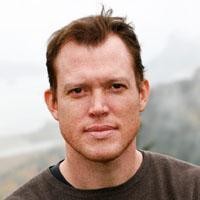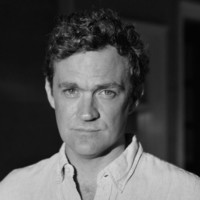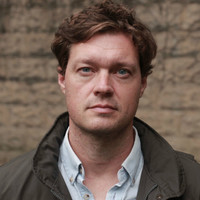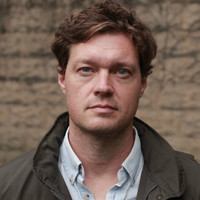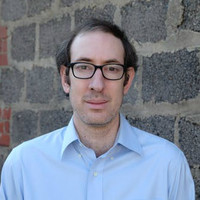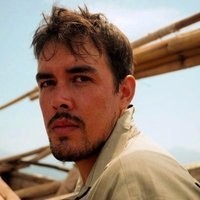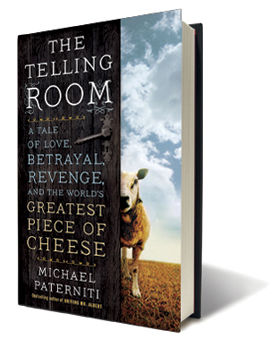Hello, I’m Attorney Gloria Allred
As mainstream news loses its relevance, Allred becomes only more relevant to mainstream news. She’s provided thousands of hours of titillating material that has helped keep cable networks from grinding to a halt. The players come and go. Past clients like Amber Frey and Tiger Woods Mistress No. 1 Rachel Uchitel slip back into obscurity. Scott Peterson rots disregarded on death row in San Quentin, and Woods’s sexual escapades no longer mesmerize. But Allred retains her significance. There are always new victims to premiere and promote, new serial sexual harassers or psychopaths to square off against. In this spectacle of scandal, grisly murder, and celebrity wrongdoing, Allred has made herself the stage manager, the content provider, the indispensable performer.
